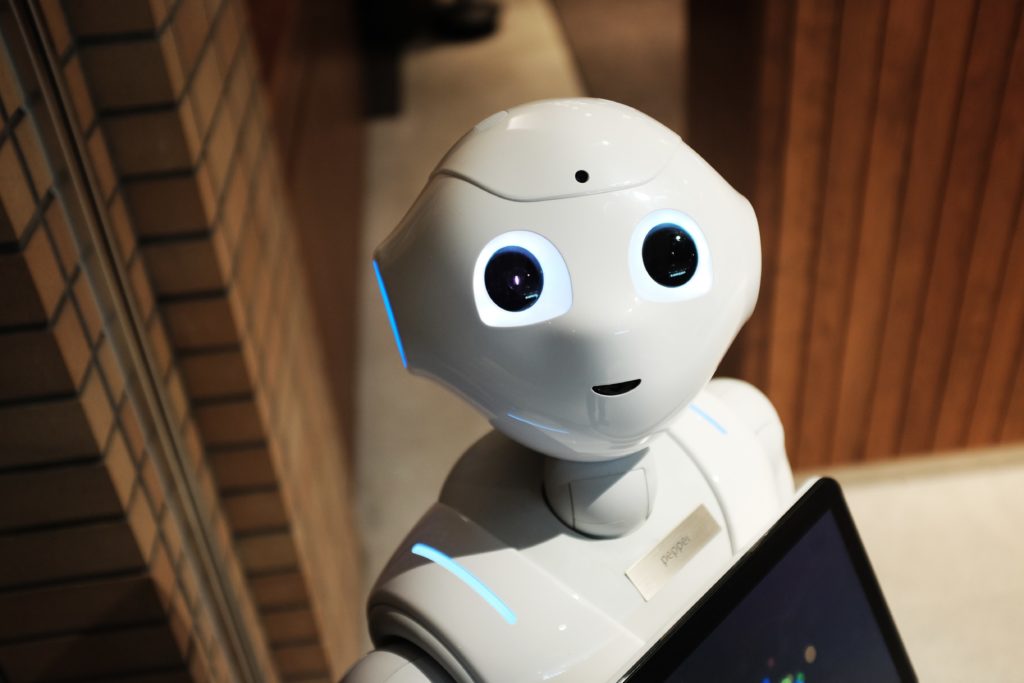Related Articles
The Organisation of the Future
Driven by forces such as advances in technology, global inter-connectedness and growing consumer expectations, new disruptors and innovations are appearing across virtually every business sector from hotels to health and from banking to buses!
Every week brings new stories about how the world of work is changing. Driven by forces such as advances in technology, global inter-connectedness and growing consumer expectations, new disruptors and innovations are appearing across virtually every business sector from hotels to health and from banking to buses!
But surely the world of work has always undergone constant change? authors such as Charles Handy have been writing about this ‘new’ world for many years. Haven’t we always just adapted and continued on our way?

However, this period does look and feel somewhat different. The general consensus seems to be that this digitally empowered period we are now moving into, labelled loosely as ‘the future of work’, will see as fundamental a transformation as was experienced since the first Industrial Revolution.
While robots, automation, millennials and disruptor stories are perhaps grabbing the headlines on a daily basis there is a fundamental shift happening in the very nature and structure of the world of work – a shift that organisations and policy makers need to take notice of now and lead rather than finding ourselves in catch-up and reactive mode. As is constantly reported this shift offers great promise and human benefit but also potential risk and downside in the form of underemployment and the devaluation of work.
So with all this noise in the background, what is actually changing in practical terms and what are the implications for those leading and working in organisations today – as well as tomorrow?
For a start, we need to stop referring to this period as ‘the future of work’ – because it is already here. As the science fiction writer William Gibson said: “The future is here, it is just not evenly distributed”. And learning from those who have already made the first moves from ‘traditional’ business models and organisational structures into this ‘new’ world of work, the first thing they say needs to be got right is -mindset. If we continue to see this emerging world as something remote or in the future, then we risk not tuning in properly to the opportunities and threats that are already on our doorstep today.
Early adopters also point to the need for organisations to be more strategically responsive, more organisationally agile and also more comfortable in dealing with constant change. They need to be responsive to a new employee and a multi-generational workforce with different (and sometimes not so different) expectations regarding work and the workplace.
The organisation of the future will be less about creating a fixed, physical entity in which work gets done and will be more about a more open and flexible construct that facilitates the fulfilment of goods and services through a mixed ecosystem of employees, partners, alliances and free agent workers. While the benefits of such organisational flexibility and agility may be clear, the challenge for leaders will be how to manage risk, talent, cost and regulation in very different ways to how these are managed today.
And then there is the human factor. While the precise nature of the changes in areas such as emerging business models, jobs, the role of technology and organisational design are difficult to predict with precision, it could be argued that the human qualities that have helped leaders and individuals to adapt to rapidly changing circumstances in the past will become increasingly important, prevalent and relevant into the future.
Individual agile capabilities such as having a learning mindset, adaptability, resilience, collaborative skills and purposefulness will be key adaptive qualities which will be under increasing scrutiny when it comes to recruitment, promotion decisions and succession planning. Not only will such adaptive qualities help individuals to remain career agile, they will help organisations to remain organisationally agile as well.
We may not have all the detail about what our organisations will look like tomorrow but the one thing we can do today is set about having a deliberate strategy for having the right people in place for when these changes inevitably emerge.
Kevin is an IMI associate on the Senior Executive Programme. Kevin is specialised in supporting organisations, senior leaders and employees in preparing for rapidly changing business models and the future workplace.





